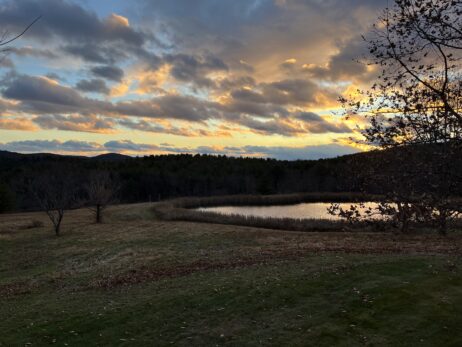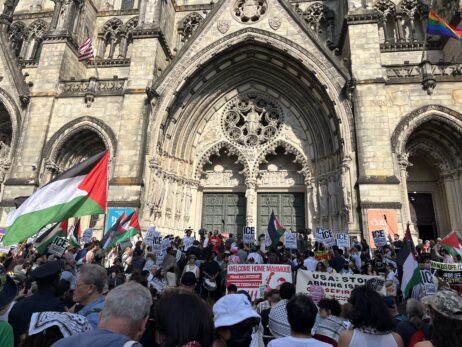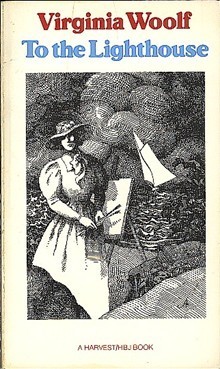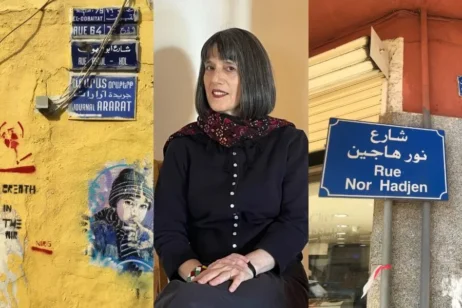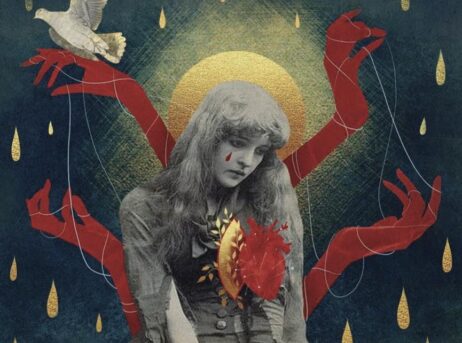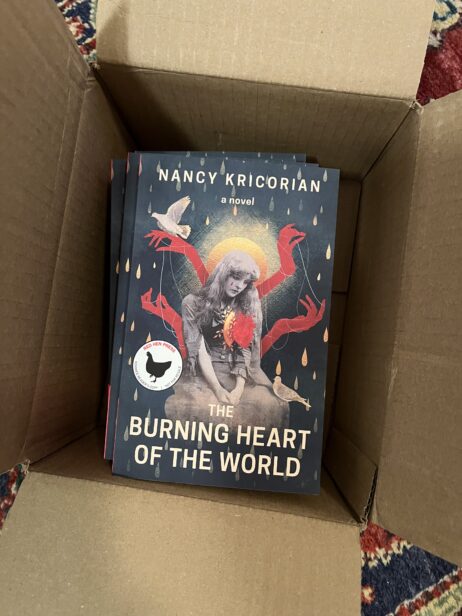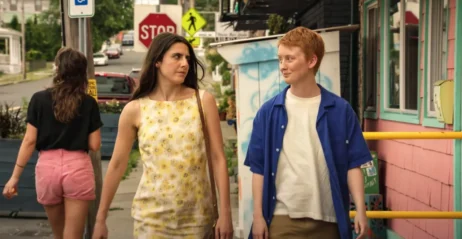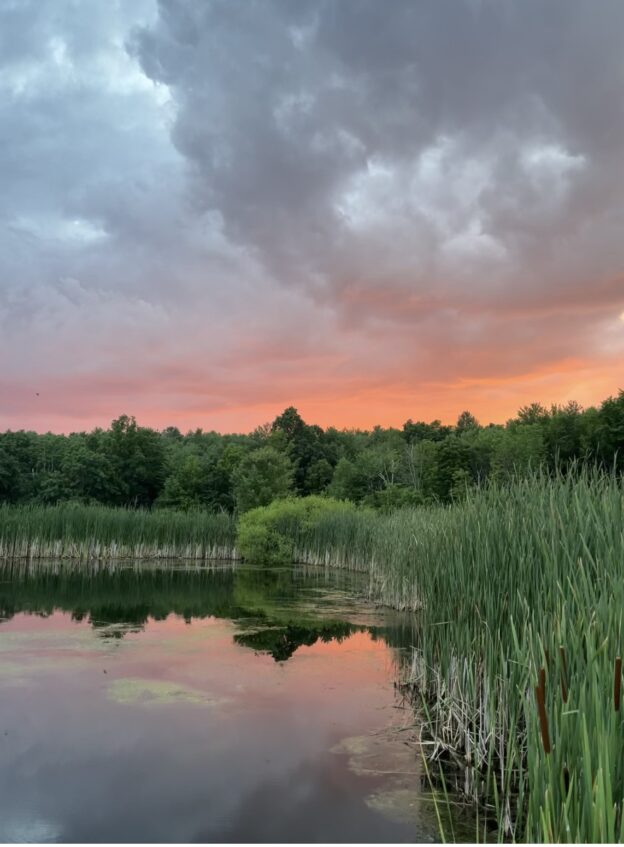A Few Good Books
As 2025 draws to a close, I wanted to recommend a few of the best books I have recently read.
Sad Tiger by Neige Sinno, translated from the French by Natasha Lehrer. Neige Sinno tells the story of being sexually abused by her stepfather from the age of seven to thirteen, and examines literary, psychological, and cultural portrayals of and reactions to child sexual abuse and incest. I read this memoir in two days and was completely bowled over by its fierce intelligence. Words Without Borders published a fascinating interview with Sinno and her English translator.
Mother Mary Comes to Me by Arundhati Roy. A profound and moving memoir by internationally acclaimed writer Arundhati Roy, whose mother was a feminist icon in India as well as a difficult and at times abusive parent. It is a double portrait of mother and daughter that is honest and infused with unexpected grace. Listen to Mehdi Hasan’s great podcast interview with Arundhati.
North and South by Elizabeth Gaskell. First published in 1855, Gaskell’s novel about the differences between the rural south and the industrial north of England was described by one recent reader as “Pride and Prejudice for Socialists.” The conflict and inevitable romance between proud and idealistic Margaret Hale and hard-nosed industrialist John Thornton made the pages fly by. I also loved the 2004 BBC adaptation (despite the corny ending—the novel’s final lines were so much better).
Counterpunch’s Joshua Frank included my novel in his own Favorites of 2025 list! I’m still thrilled about its having been selected for the Tournament of Books shortlist—and the mention here on BookRiot. And if you’re on Goodreads and have read The Burning Heart of the World, please do leave a review or a rating. It helps increase awareness of the book. The same applies to LibraryThing and The StoryGraph.
As the genocide in Gaza grinds on through a blockade that leaves people in flooded and collapsing tents during winter storms, while hunger and lack of medicine continue to weaken and kill the most vulnerable, and Israel’s campaign of retail (rather than wholesale) murder rolls on, my friend and mentee Nadera has sent me a fundraising appeal for her family. “This money will help my family with living expenses: school and university fees for myself and my five siblings, rent for our apartment, clothes for all of us, water, electricity, food, and so on. As you know, the war stole everything from us, even my dad’s work. Thank you for your understanding!” If you would like to donate, please message me and I will give you the PayPal information for her cousin, who is collecting funds on Nadera’s behalf.
In early December, I spoke with Tamar Shirinian and Milena Abrahamyan on their Other Armenias podcast. We talked about my novels, writing, and solidarity. And Rebecca Evans wrote about our interview on the December episode of the Writer-To-Writer show on Radio Boise. It was actually a delight to speak with Rebecca and her co-host Ken Rodgers.
I’m not one for New Year’s resolutions, but as Grace Paley put it, “The only recognizable feature of hope is action.” To wit, I have recently rejoined the Immigrant Justice Working Group of DSA NYC. May we create more light and more justice in 2026.
Sirov,
Nancy
Nancy Kricorian, December 2025
February 4, 2026
